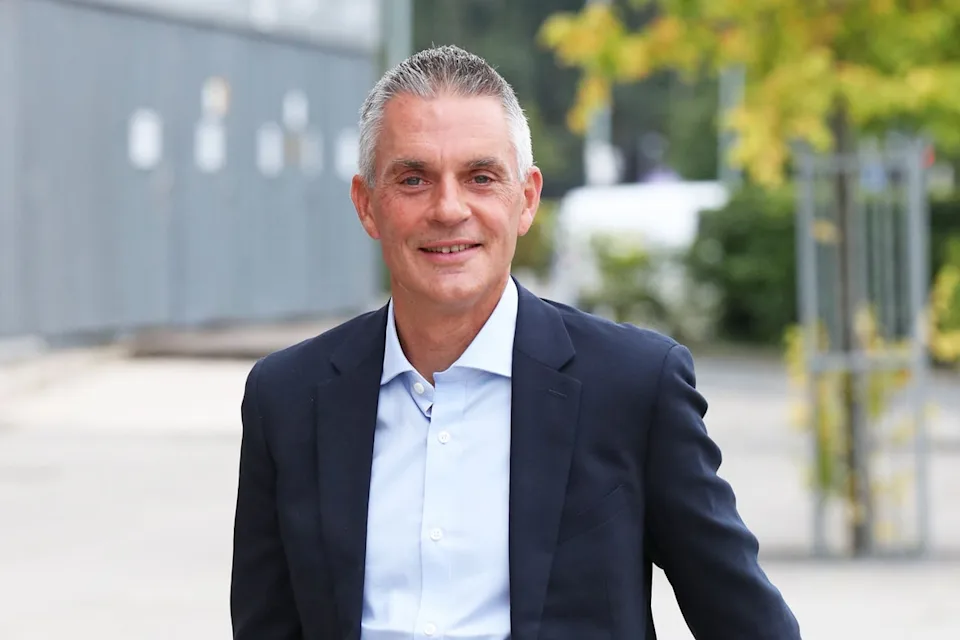
The sudden resignations of BBC Director General Tim Davie and Head of News Deborah Turness have triggered major controversy, with former Sun editor David Yelland calling the events an “inside coup” against BBC leadership.
Claims of Internal Undermining
Speaking on BBC Radio 4’s Today programme, Yelland said the departures were not spontaneous, but the result of long-term internal pressure from individuals close to the BBC board.
According to him, senior figures inside the corporation systematically worked to weaken Davie and his team.
“It was a coup and an inside job,” Yelland stated, stressing this was a failure of governance at the highest level.
Yelland argued that the BBC chairman’s duty was to either support or formally remove the chief executive — not allow a forced exit. Davie, he said, quit instead of being dismissed, signalling serious internal conflict.
Political Pressure After Trump Edit Controversy
This crisis erupted after criticism from the White House and UK right-wing commentators over a Panorama episode involving edits to a Donald Trump speech. A leaked report alleged the programme made it appear that Trump encouraged the US Capitol riots by editing two segments of his speech without clarifying timing.
BBC insiders say the overall meaning remained accurate, as many agree Trump’s remarks fueled the unrest. However, Turness said the editing controversy had reached a level that was “damaging the BBC.”
Calls for Accountability & Trust
Senior BBC journalist Nick Robinson noted internal disagreement: journalists wanted to apologize for the editing error, while politically appointed directors pushed for a stronger response.
The BBC Chair, Samir Shah, is expected to address Parliament and issue an apology.
Government minister Louise Sandher-Jones defended the BBC, saying the broadcaster remains widely trusted across political views.








